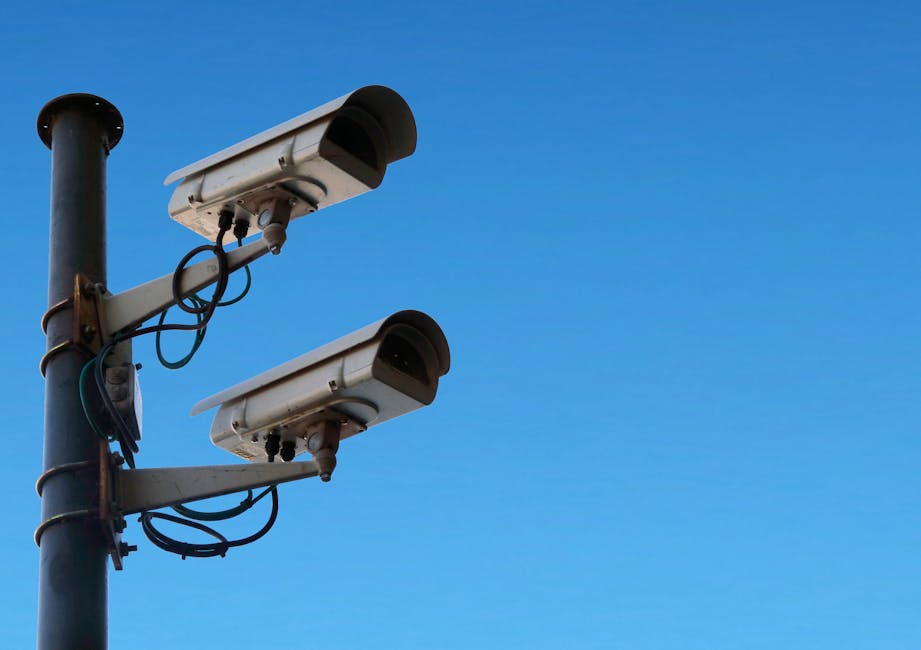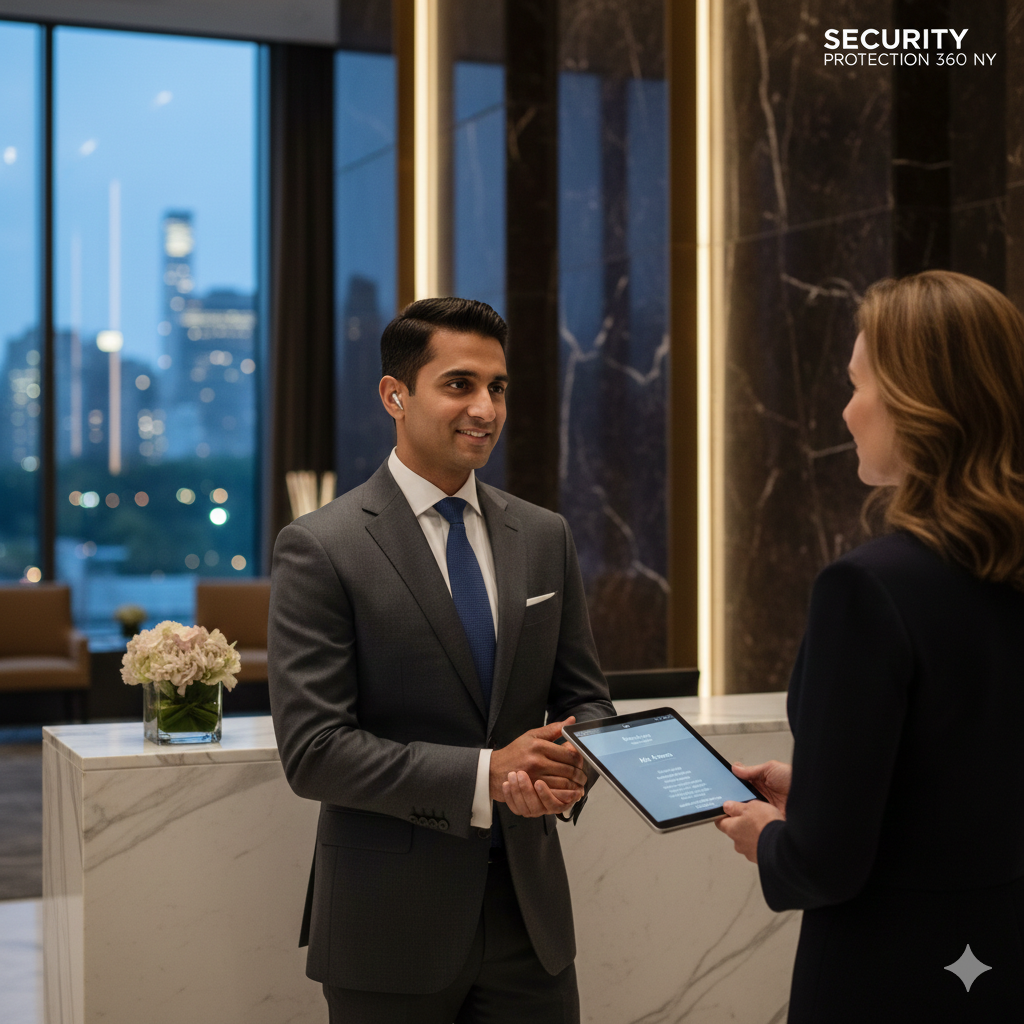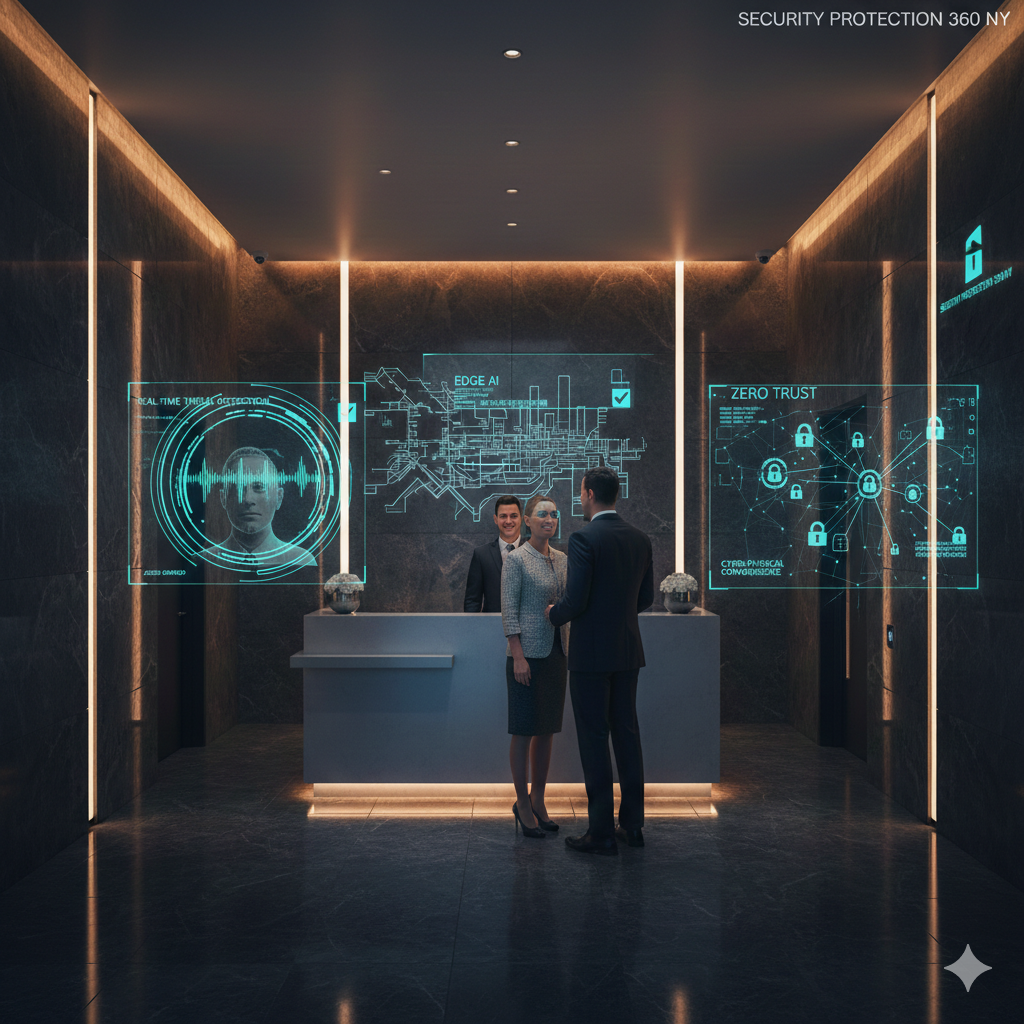Table of Contents
ToggleImportance of Maritime Security
Trained professionals play a crucial role in enhancing maritime security. They are knowledgeable and skilled in identifying potential security threats and taking necessary measures to ensure safety at sea. By monitoring and patrolling maritime areas, these professionals can prevent piracy, smuggling, and other illegal activities that pose risks to ships and crews. Their presence is vital in safeguarding maritime trade routes and protecting valuable resources. Maritime security is essential for global commerce and international relations, as it contributes to a stable and secure maritime environment for all stakeholders involved.
Training Requirements for Maritime Security Professionals
Maritime security professionals need specialized training to ensure they can effectively protect ships and ports. Professionals in this field must undergo training courses that cover topics such as risk assessment, emergency response, and security protocols. Additionally, they must be skilled in surveillance techniques, conflict resolution, and handling security incidents. This training is crucial in preparing professionals to handle various security threats that may arise in the maritime industry.
Skills Needed for Enhancing Maritime Security
To enhance maritime security, professionals need a mix of skills. Critical thinking is crucial for analyzing complex situations. Effective communication ensures clear exchanges of information. Proficiency in technology helps in utilizing advanced security systems. Vigilance is key for spotting potential threats. Teamwork facilitates coordination among security personnel. Adaptability enables quick responses to changing situations. These skills are essential for safeguarding maritime activities and ensuring safety at sea.
Key Responsibilities of Trained Professionals
Trained professionals play a crucial role in enhancing maritime security by conducting regular security checks on ships and ports. They are responsible for monitoring and responding to any security threats that may arise, ensuring the safety of passengers and crew members. These professionals also collaborate with law enforcement agencies to investigate incidents and enforce security protocols. Additionally, they provide training to crew members on security measures and emergency procedures to prevent and respond to security breaches effectively.
Technologies and Tools Utilized in Maritime Security
Various technologies and tools are employed in enhancing maritime security. Some common ones include:
Surveillance cameras: Used to monitor ships and port areas for any suspicious activities.
Automatic Identification System (AIS): Tracks and identifies vessels, providing essential information for monitoring and managing maritime traffic.
Radar systems: Detect and track vessels in real-time to prevent collisions or unauthorized entries.
Underwater sonar systems: Used for detecting underwater threats such as mines or divers.
Biometric identification systems: Employed for access control to secure areas on ships or in ports.
Security drones: Used for aerial surveillance and monitoring of maritime activities.
These technologies play a crucial role in safeguarding maritime areas and ensuring the safety of vessels and personnel.Collaboration Between Professionals for Effective Security
Trained professionals in maritime security must work together to ensure effective security measures on the seas. Collaboration among professionals, such as naval officers, coast guard personnel, and security experts, is vital to identify and address potential threats promptly. Through sharing information, coordinating patrol efforts, and conducting joint training exercises, these professionals can enhance security measures and protect maritime assets effectively. This collaborative approach maximizes resources, strengthens responses to security incidents, and ultimately ensures a safer maritime environment for all.
Challenges Faced in Ensuring Maritime Security
Organized crime groups, piracy, and smuggling continue to pose significant hurdles in safeguarding maritime security. Inadequate resources and coordination among different agencies complicate efforts to combat these threats effectively. Limited surveillance capabilities also make it challenging to monitor vast maritime areas effectively. Additionally, the constant evolution of technology creates a need for continuous training to stay ahead of potential security breaches.
Compliance and Regulations in Maritime Security
When it comes to maritime security, compliance with regulations is crucial. International maritime laws set the standards for keeping our waters safe. Ships must adhere to these regulations to ensure smooth sailing. Various organizations, like the International Maritime Organization, regulate maritime security globally. Security measures, such as screening cargo and passengers and monitoring the vessel’s movements, are enforced to prevent threats. Staying updated on the latest regulations and complying with them is essential for all involved in maritime activities.
Continuous Training and Development for Professionals
Professionals in the maritime security industry need continuous training and development to keep up with evolving threats and technology. Training helps professionals stay updated on the latest security protocols and techniques to effectively respond to security risks. Ongoing development ensures that professionals can adapt to changing situations and make informed decisions to enhance maritime security. Continuous training and development are crucial for professionals to maintain a high level of competence and readiness in safeguarding maritime assets and ensuring the safety of maritime operations.
Impact of Trained Professionals on Maritime Security
Trained professionals play a crucial role in enhancing maritime security. Their expertise and knowledge are essential in maintaining safety and order at sea. These professionals are trained to identify potential threats, respond effectively to emergencies, and prevent security breaches. By having skilled individuals on board, maritime security can be significantly improved, creating a safer environment for both crew members and passengers.







